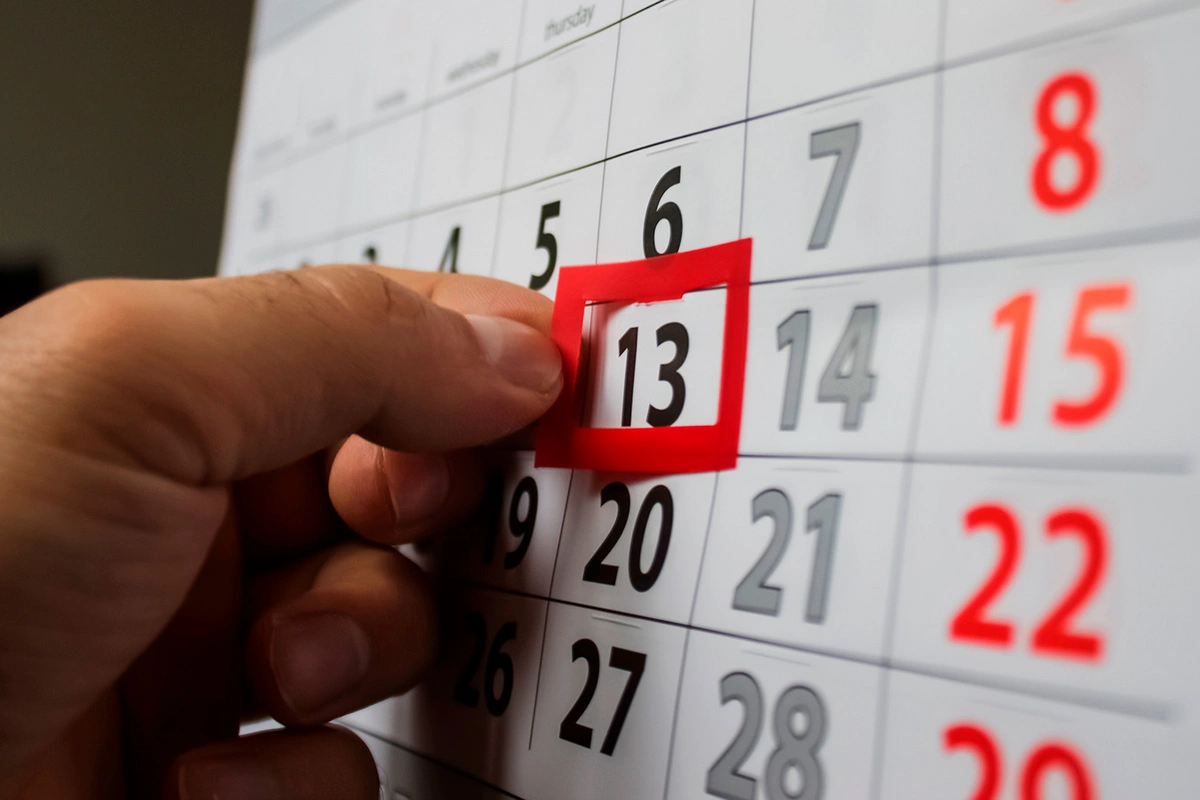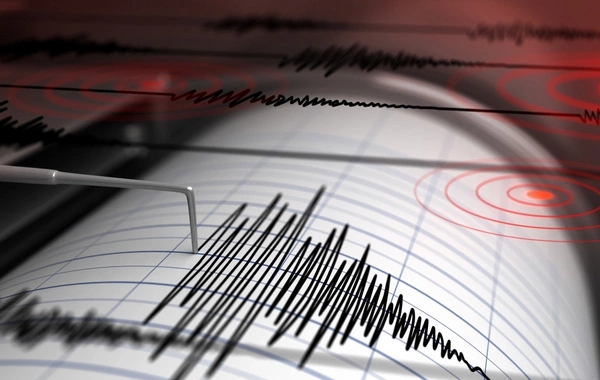Why are we afraid of Friday the 13th? Coincidence or a day of misfortune

Friday - seemingly the best day of the week. The end of work hustle, anticipation of the weekend, relaxing atmosphere. But as soon as the number 13 appears on the calendar - everything changes. Even the most rational people begin to feel slight anxiety. What's wrong with this date?
Friday the 13th has long been shrouded in an aura of mysticism and superstition. People avoid traveling, reschedule important meetings, and furtively knock on wood. Is this simply due to the coincidence of two "unlucky" elements - Friday and the number 13 - or is there something more behind it?
The number 13 has always stood out in history. In a world governed by symmetry and order - 12 months, 12 apostles, 12 zodiac signs - 13 seems to break the rhythm. In ancient times, it was considered "extra," disrupting harmony. And if we dig deeper into Norse mythology, the 13th uninvited guest at the gods' feast was Loki, known for his mischief. He brought chaos with him, and ultimately one of the gods died. No wonder the number began to cause anxiety afterward.
Now let's add Friday to this. In Christian tradition, it's the day of Jesus' crucifixion. In the Middle Ages, public executions were often held on Fridays. And of course, the famous story about Friday, October 13, 1307, when the French king ordered the arrest of the Knights Templar. For them, this day truly became fateful.
The combination of these two "unfortunate" symbols created a superstition that spread throughout the world. Especially in the 20th century, when Friday the 13th turned into a cult date in movies, books, and popular culture. Scary stories, horror films, and even special tattoo promotions on this day have made it almost a holiday - albeit a frightening one.
However, all this is a matter of belief. There is no scientific evidence that more misfortunes occur on Friday the 13th. Some studies, on the contrary, show that people become more careful, and the number of incidents decreases. But psychology is stronger than logic: when someone drops their phone, misses a train, or spills coffee, the brain immediately reminds them - of course, it's Friday the 13th today!
Interestingly, in other countries, things can be completely different. In Italy, they fear Friday the 17th. In Greece and Spain - Tuesday the 13th. And in Asia, they fear the number 4, as its pronunciation is similar to the word "death." Superstitions are a cultural mirror reflecting fears, stories, and language.
So should we fear Friday the 13th? Not necessarily. It's a great occasion to watch an old horror movie, remember legends, and perhaps laugh at how myths live on in a world of technology and progress. Or maybe it's the perfect day to deliberately do something brave and check who is stronger - fear or common sense.
Similar News
They are trying to take away an elite plot of land on the bank of the Moscow River from Philipp Kirkorov through legal proceedings
A loud judicial scandal is unfolding in Moscow around the elite real estate of Russian pop king Philipp Kirkorov. Saratov entrepreneur Gleb Ryskov has initiated...




 Azərbaycanca
Azərbaycanca  По-русски
По-русски  English
English 






